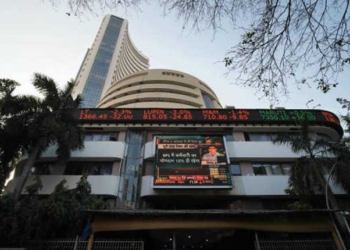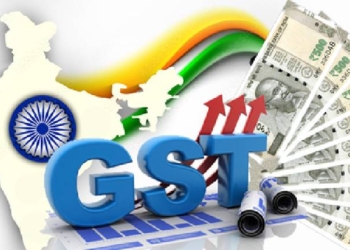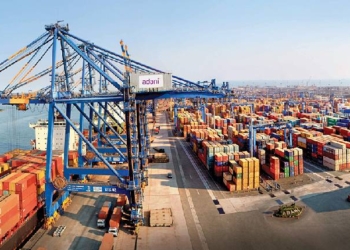New Delhi: Every 10 dollar rise in Brent crude prices widens India’s Current Account Deficit by 0.5 per cent, says V.K. Vijayakumar, Chief Investment Strategist at Geojit Financial Services.
Rising crude prices positively impact oil exporters and negatively impact oil importing countries like India. Consequently, this depreciates the INR and leads to imported inflation, he said.
Also rising crude prices impact the profit margins of companies that use oil as input. So, the impact on the stock market will be negative. But now in India the markets are ignoring the rising crude prices, he added.
The reason is that the positive impact of good GDP growth, decent corporate earnings and sustained fund flows to the market is neutralising the negative impact of rising crude. The situation might change if Brent crude rises to $100, he said.
CareEdge Ratings said in a report that the recent surge in crude oil prices is primarily due to supply reduction announcements from key players such as Russia and Saudi Arabia.
Nevertheless, sluggish global consumption demand is expected to counteract this supply-demand gap starting from 2024.
Retail prices are unlikely to increase as there would be pressure on oil marketing companies (OMCs) not to hike retail petrol/ diesel prices. Thus, there would be no impact on inflation.
The impact on fiscal balance is also expected to be minimal as OMCs will take most of the burden of higher fuel prices.
The full-year current account deficit (CAD) will likely increase by 20 basis points (bps) to 1.8 per cent of GDP if the Indian crude basket averages USD 90 per barrel for the remainder of the fiscal year, the report said.
(IANS)














